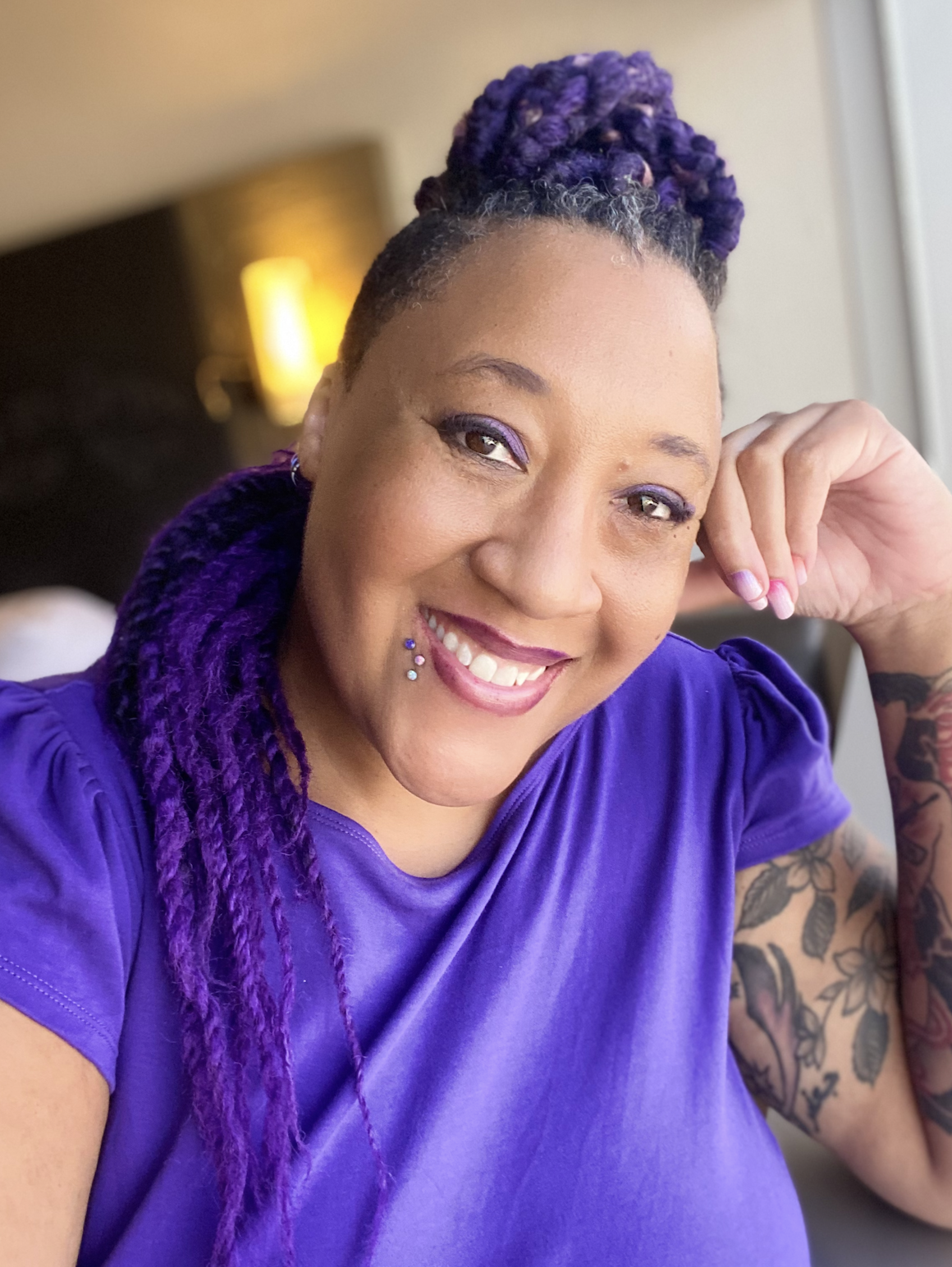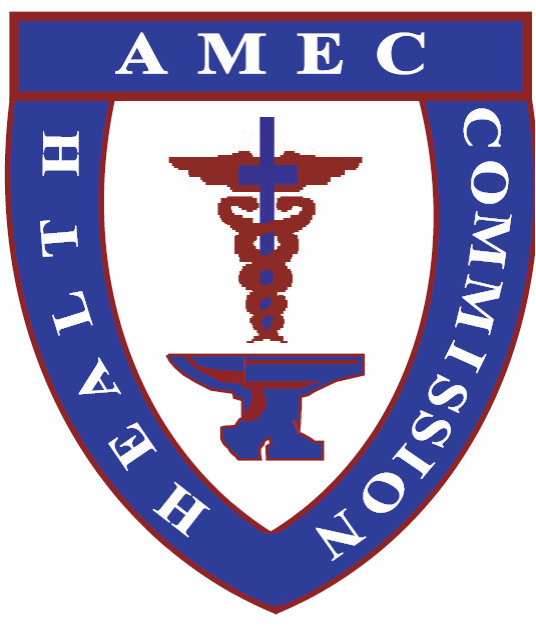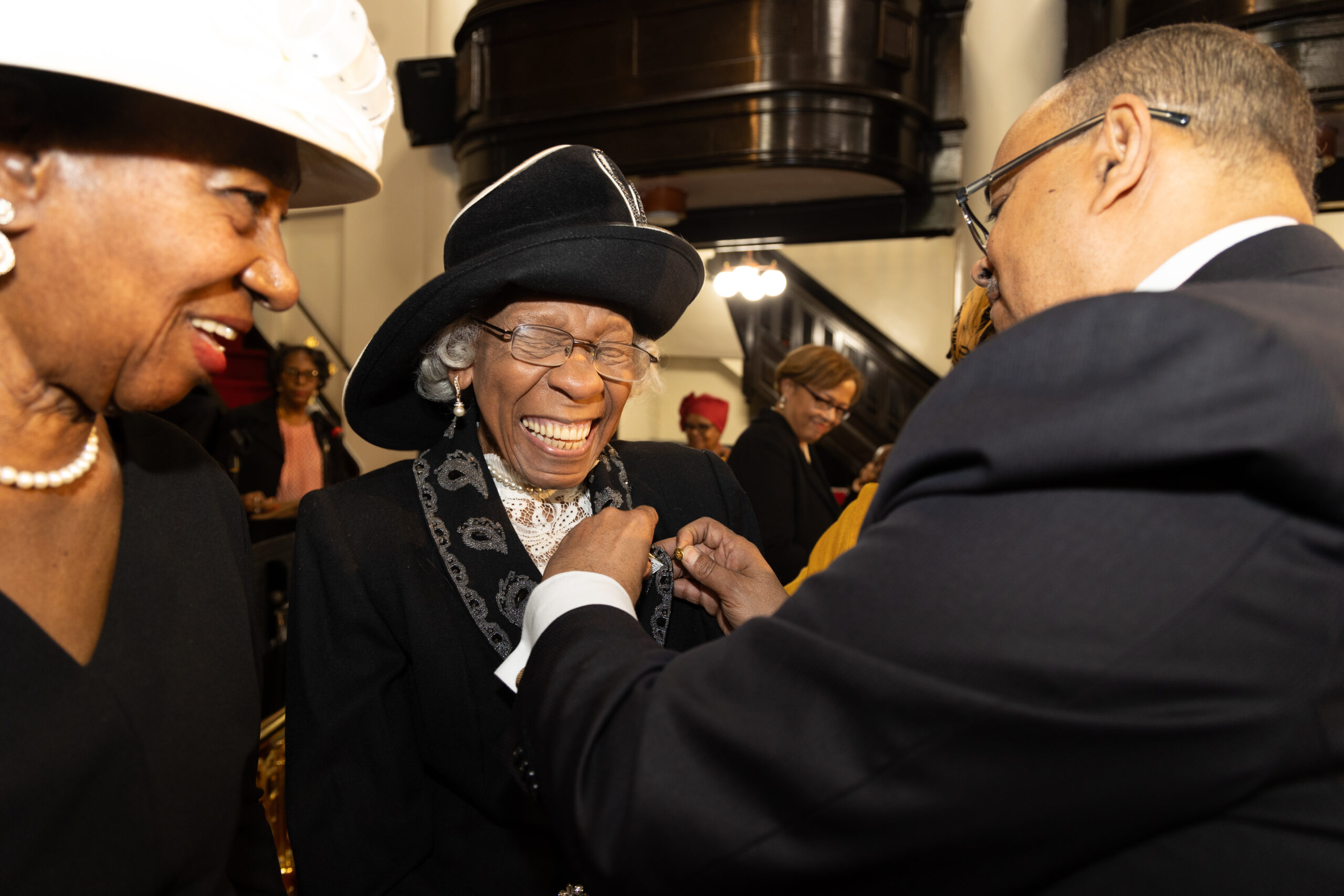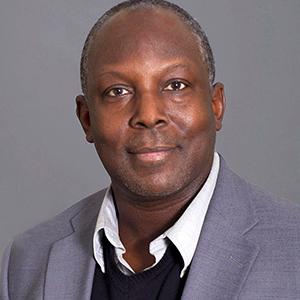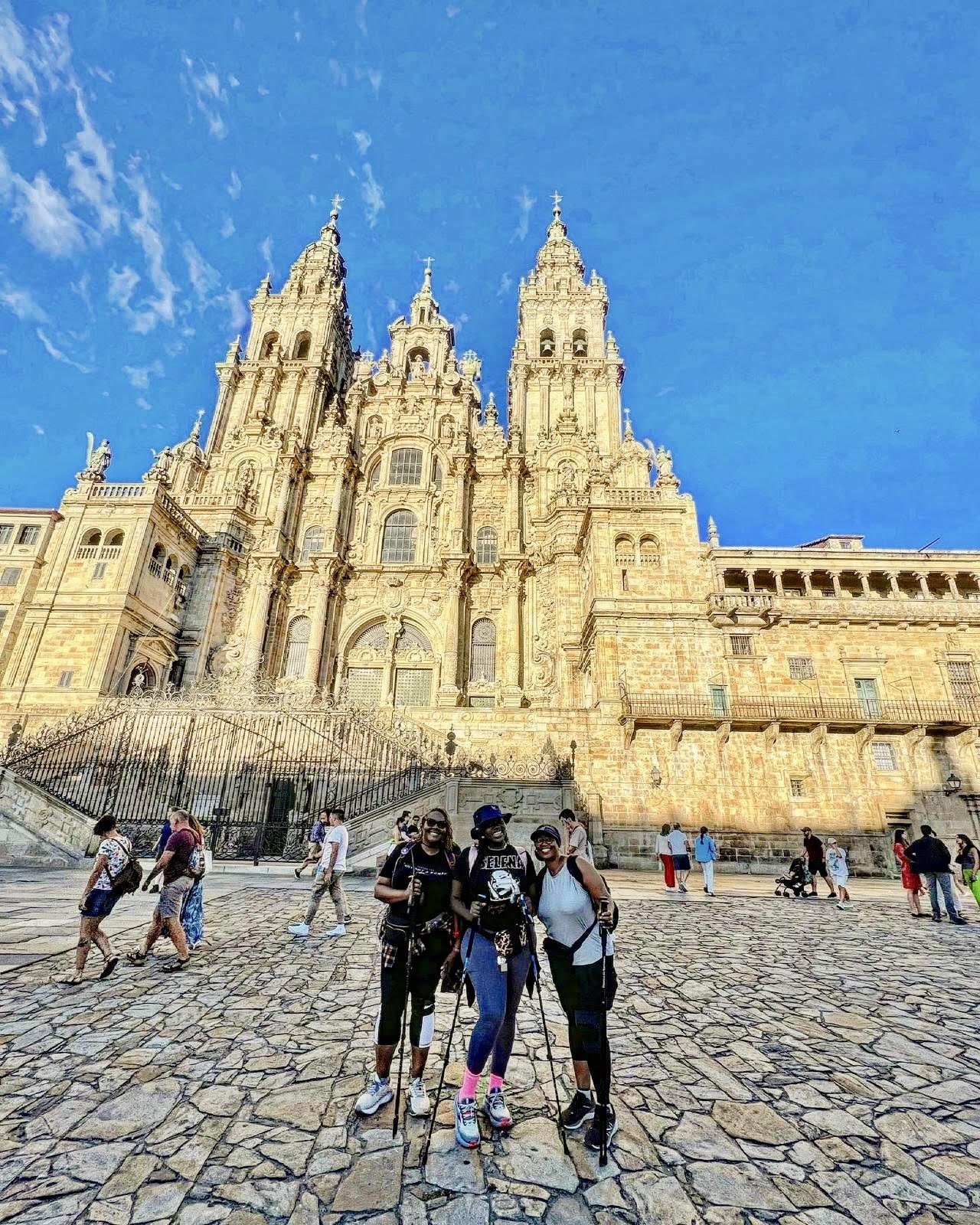What is Reproductive Justice? Why You Should Care
Can we be honest?
The history of the fight for abortion access in America is rooted and steeped in anti-Blackness. When we are honest, we can acknowledge that Planned Parenthood’s forced sterilizations of Black women – that continued well into the 1990s – did long-term harm and had a reverberating impact on Black communities. When we are honest, we can acknowledge that the Pro-Choice Movement of the mid-to late-twentieth century was centered around white women’s needs and stories. When we are honest, we can admit that this history makes us uncomfortable with white women and men coming into our communities and talking about the “right to choose.” When we are honest, we can admit that those same white women and men seem to care a whole lot about what happens in the uterus but seem to be absent when Black children are murdered by police and are typically silent about the school-to-prison pipeline and food deserts, and voting rights. When we are honest, we can admit that we are not only watching the increase in Black women dying during and after childbirth but also watching our sisters, nieces, and granddaughters receive shoddy care from an implicitly biased healthcare system that costs too much.
We can honestly admit that the concerns of the Pro-Choice Movement do not seem to align with our own – whether we, ourselves, agree that abortion access is between a woman and God or not. Because we are honest, we know that the issues facing Black communities are legion – they are a multitude, intertwined, and insidious. Our honesty means we cannot afford to be single-issue voters, single-issue Christians, or have a myopic focus on one issue at the expense of all others.
This honesty, this level of critique, is not new to us as African Methodist Episcopal Church members. When, in 1994, Black women scholars and activists gathered in Chicago to strategize for the many issues facing our community, the AME Church was there. The Rev. Dr. Toni Bond, who, in her words, “grew up AME, it’s still in me,” was one of the women at that symposium. The Reproductive Justice Framework emerged from that gathering, a theo-ethical approach to engaging reproductive health. The framework is rooted in human rights and includes three principles: the right to have children, the right not to have children, and the right to nurture the children we have in a safe and healthy environment.
Within these three principles is the inherent theological assumption that the lives and experiences of Black people matter to God. Reproductive justice posits that the oppression and injustices endured by our ancestors (and us) are evil and must be resisted, that reproductive oppression is one of the ways that evil manifests, and that the evil is passed down through generations through health care systems, school systems, prison systems, and even within our reproductive systems. Reproductive justice maintains that it is insufficient to focus on whose hands are on whose uterus when cops have their hands around the necks of Black children. Reproductive justice is as concerned about access to reproductive health care – abortion and prenatal care alike – as it is about safe schools, safe streets, and healthy food for Black children.
For us. By us. About us.
In June of 2022, the Supreme Court handed down a decision in the Dobbs v Jackson Women’s Health Organization. This “Dobbs Decision” overturned the 1973 Roe v Wade decision that legalized abortions. But the majority decision did so much more. Dobbs declared that the 14th Amendment does not grant the right to “liberty” and that states have the power over “intimate and personal choices” and may limit the ability to choose as they see fit. In the wake of the Dobbs decision, Supreme Justice Clarence Thomas made it quite clear that this was the start of unraveling the last 50 years of civil rights and justice progress in the United States. It was bigger than abortion access.
Honestly, it has always been bigger than abortion access for Black people.
Honestly, we have all been impacted by reproductive oppression. The systemic oppression upon which America was founded and continues to thrive revolves around the control and manipulation of Black bodies. From the use of enslaved Black men as “studs” and enslaved Black women as “breeders” during slavery to the grotesque experiments – including dismemberment and “ownership” of even our DNA – that founded modern medicine, our bodies and reproductive systems were someone else’s to use, someone else’s to control. We had no say in if we would have children. And Jim Crow, redlining, and ecological racism made raising our children in safe and healthy environments impossible. Because of ecological racism, Black women have higher rates of infertility, fibroids, and uterine-based conditions. Because of medical racism, Black women are more likely to die during and immediately after childbirth than women of every other race. These risks are not mitigated by class or socioeconomic status. Our struggle for liberation, equity, and civil rights has always included reproductive justice – even if we never used that term for it.
Honestly, Audre Lorde was right, “There is no such thing as a single-issue struggle because we do not live single-issue lives.” Anti-Black racism impacts every facet of our lives – including our reproduction, our liberty to determine our family size and status, our access to social mobility, and even our medical care. Reproductive Justice is one way to name the struggle and to reclaim ourselves as made in God’s image with the right to self-determination. This is the work of the AME Church. It is who we have always been. It is how we minister to the social, spiritual, and physical development of all people. Reproductive Justice is another way for us to go about the work of the Kingdom of God.

